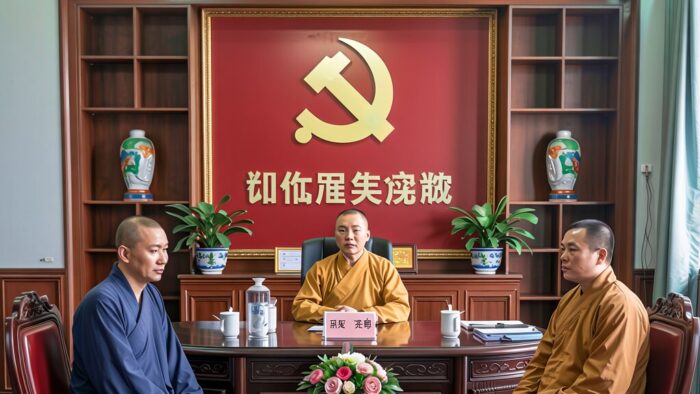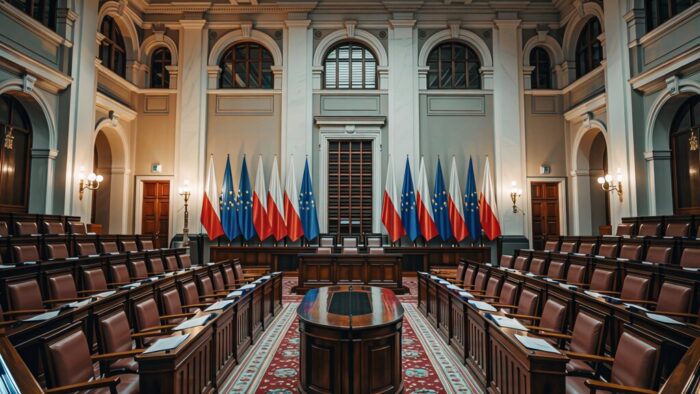The German Council on Foreign Relations (DGAP), a German think tank, has published a report examining China’s and Russia’s influence on the upcoming German parliamentary elections. The report argues that both countries will increase their influence and interference efforts in the run-up to the election and beyond, using informational, political, and cyber tactics and economic and political networks. According to the DGAP report synopsis:
August 2012 China and Russia want to maintain Germany’s political status quo: Centrist, at times mercantilist policies, have often worked in their favor. Now, with the Green Party ascendant and public opinion shifting, neither Russia nor China can be sure that classic “centrism” will emerge after September. Russia and China will increase their influence and interference efforts in the run-up to the election and beyond, using informational, political, and cyber tactics, and economic and political networks.
Read the full report here.
The report argues that Russia’s influence strategy is characterized by the systematic exploitation of existing social and political cleavages within democratic societies. According to the report:
Putin’s Russia has a well-developed information apparatus at work in Germany and in the German language, including Russia Today and Ruptly, a highly active, Berlin-based global video channel. Russia also publishes a German edition of Sputnik News and benefits from a series of “black hat” influencer tactics using Facebook networks, Twitter botnets (collections of internet-connected devices infected by malware and controlled by hackers), and chain email messages. At home and abroad, Russia-affiliated media outlets regularly opine negatively on German politics and conduct smear campaigns against Chancellor Angela Merkel. One of the most infamous campaigns, the “Lisa Case” in January 2016, involved publishing and virally sharing a fake news story about the kidnapping of a Russian-German girl, to provoke unrest. RT and Sputnik seek to amplify stories around Germany’s failures to integrate its immigrants and both outlets are openly supportive of the Alternative for Germany (AfD), a party Russia favors even over the CDU.
The report further notes that China’s strategic influence objectives are more targeted and aimed at delivering concrete benefits to China’s industry and infrastructure and sway political and economic decision-makers in its favor. According to the report:
For decades, China relied mostly on deeper techniques of persuasion, aiming at winning over German public opinion and, above all, elite constituencies in business and politics, thus building economic dependency. This process has deepened in recent years. In its 2020 annual report, Germany’s domestic intelligence agency, the Bundesamt für Verfassungsschutz (BfV), said China’s influence efforts were steadily increasing and had targeted, among others, “well-networked active and former German politicians as ‘lobbyists’ for Chinese interests.” The 2019 establishment of “China-Brücke” (China Bridge), an elite networking club, by Hans-Peter Friedrich, a vice-president of the Bundestag, is a vivid example. It is creating a significant “in” for Chinese interests among a select, but largely anonymous, group of highly influential people in politics, business, healthcare, digital economy, academia, and industry in Germany.
A recent GIOR investigation examined the role that China-Brücke plays in Chinese influence operations in Europe. Other recent GIOR reporting on Russia’s and China’s influence operations in Germany has included:
- In July, we reported that Germany seeks to counter Chinese influence at its universities as concerns over Confucius Institutes grow.
- In May, we reported on China’s multi-level influence operations in Germany.
- In April, we reported on a growing dispute between Germany and Russia over the establishment of an RT (formerly Russia Today) TV channel in Germany.
- In March, we reported that an EU study found that Germany is the main focus of Russian disinformation efforts in Europe.





